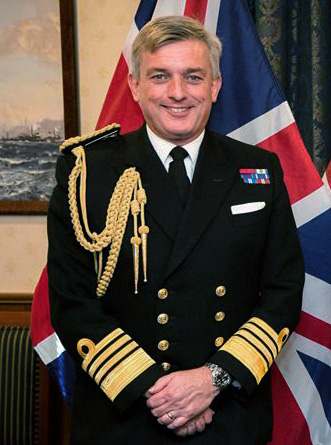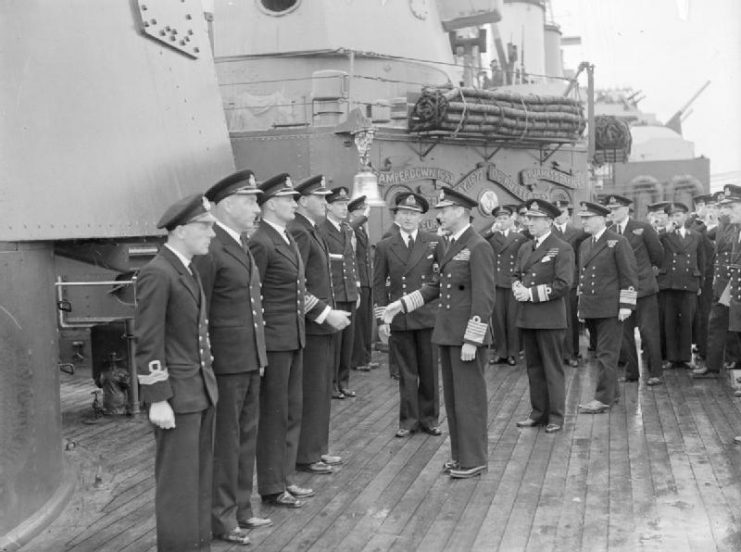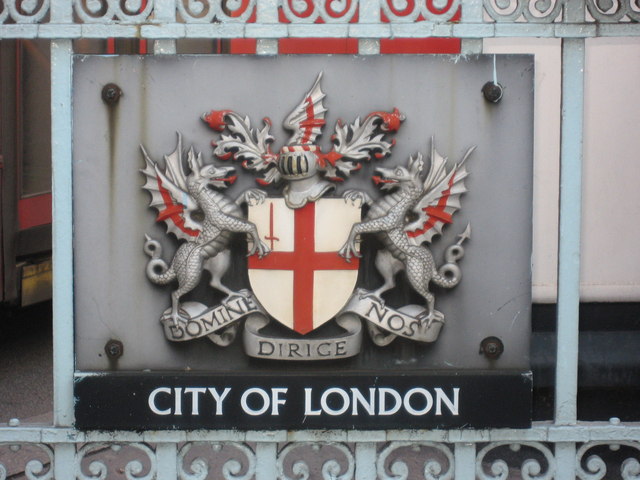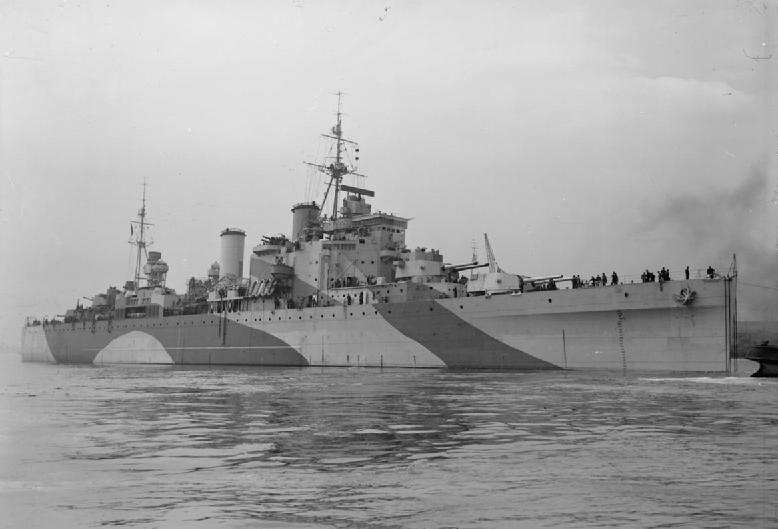The British popularized the expression “a storm in a teacup,” and they often prove it to be an apt phrase when citizens get their knickers in a twist over matters that seem barely to register on a scale of importance.
The current uproar over a slight change to the Royal Navy’s motto – an alteration that first happened decades ago — is a prime example.
A furor erupted in early November when the Royal Navy (RN) announced it would use a revised version of its motto Domine Dirige Nos, which translates from the Latin as “God, guide us.” Instead, officials said, an abridged version, Dirige Nos, meaning “Guide Us,” would be emblazoned on its new ship, the HMS London.
Newspapers have reported that many people in London have expressed concern, even outrage, over the modification. However, the Ministry of Defence was quick to point out that it first made the change over 90-years-ago, in 1926, to the ships that bear the name HMS London.
And nobody noticed then or seemed to care.
This time, however, many citizens have posted remarks on Twitter that implied the RN had caved to political correctness, or worse, lost its faith in the Almighty.
Admiral Philip Jones, who is First Sea Lord of the United Kingdom’s Navy, announced via Twitter on November 12 that the new Type 26 frigate HMS London will carry the abbreviated motto. The full motto had been used on all ships in the fleet since 1657.

Not all residents of the United Kingdom are thrilled with what is perceived to be a new slogan.
Peter Heydon tweeted, “why is (sic) the City of London motto been altered?” Another, David Cottle, opined that the motto has been “rendered pointless and illiterate.” Guy Treweek observed that it’s a “shame to see the City of London’s motto has been edited to remove any reference to the Lord: Domine Dirige Nos. Sigh.”
The newest HMS London is the first ship to be named after the city since 1984, but several carried the name before it, along with the revised motto.

A spokesperson for the Ministry of Defence insisted that the move is not new, nor is it a big deal: “Since the 1926 original HMS London, the badge and motto Dirige Nos have been borne by the last three ships [with] the name. Applying them to the eighth, Type 26 HMS London is in keeping with this tradition.”
The spokesperson was not sure why the change had been made, as the city itself has not yet instituted a similar one. It remains mounted on government buildings belonging to the city, for example.
The new ship is intended for anti-submarine warfare once it is launched in 2020. It will also guard Britain’s nuclear submarines and aircraft carriers. It will be able to reach a top speed of 26 knots.

Other ships bearing the city’s name fought in World War I and World War II. The first was a 15,000-ton warship that saw action at Gallipoli. The second was used in battle in the Arctic, the Atlantic, and the East Indies.
Read another story from us: Hunter of the Bismarck and Gallant Warrior of the Sea – HMS Ark Royal
Admiral Jones also noted that the first ships bearing the HMS London name saw battle at sea throughout Great Britain’s history. In total, they garnered 18 honors for service during those battles.
Thirteen ships have borne the name that honors a world-class city, with high standards of acceptance of and tolerance for all. The new motto – not new at all, in fact – simply reflects that.
